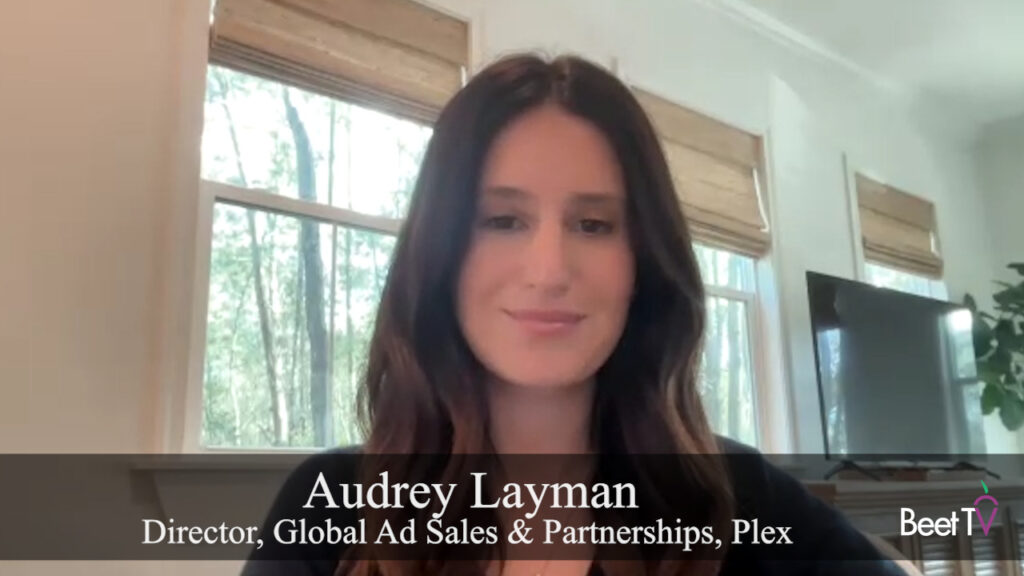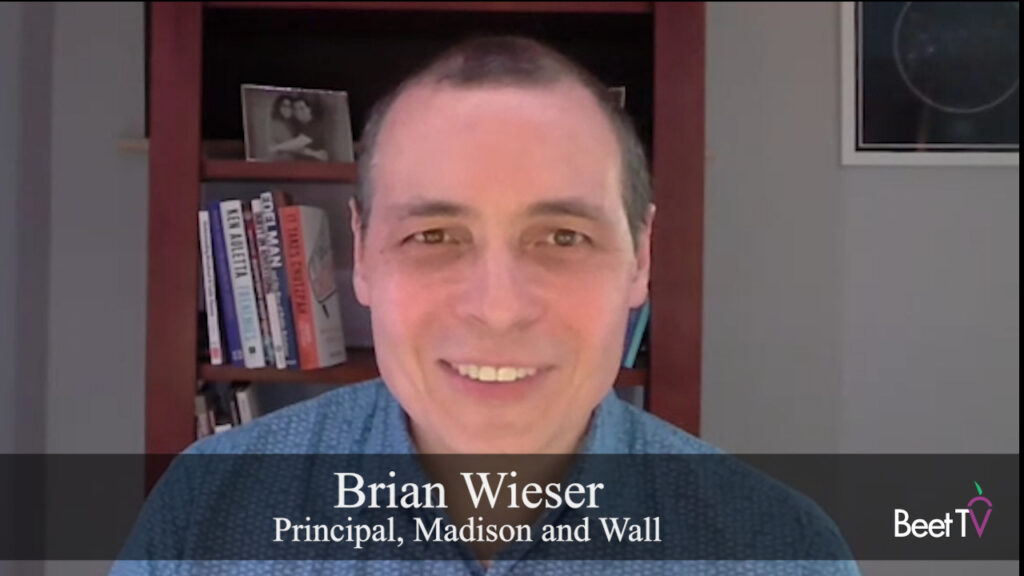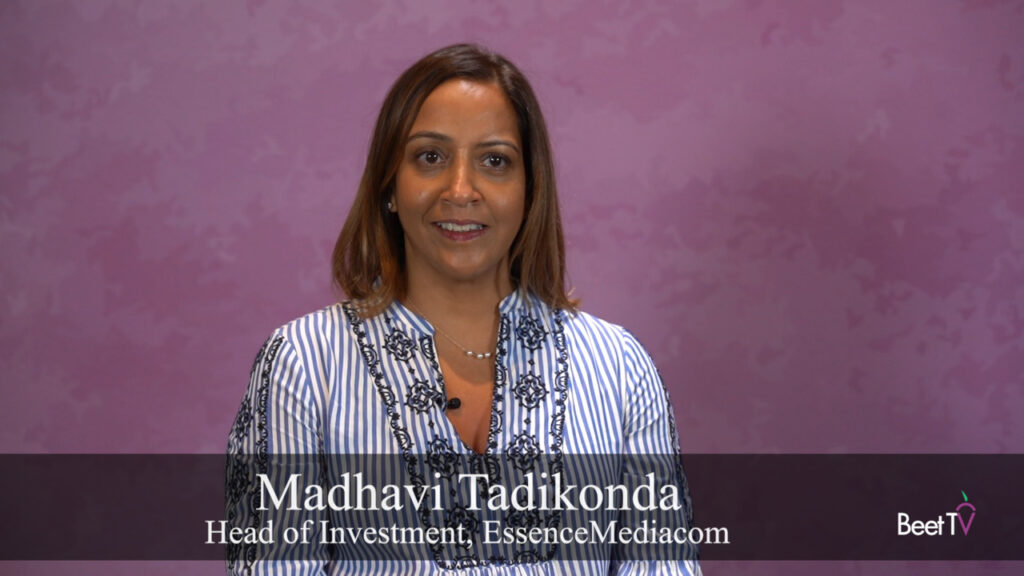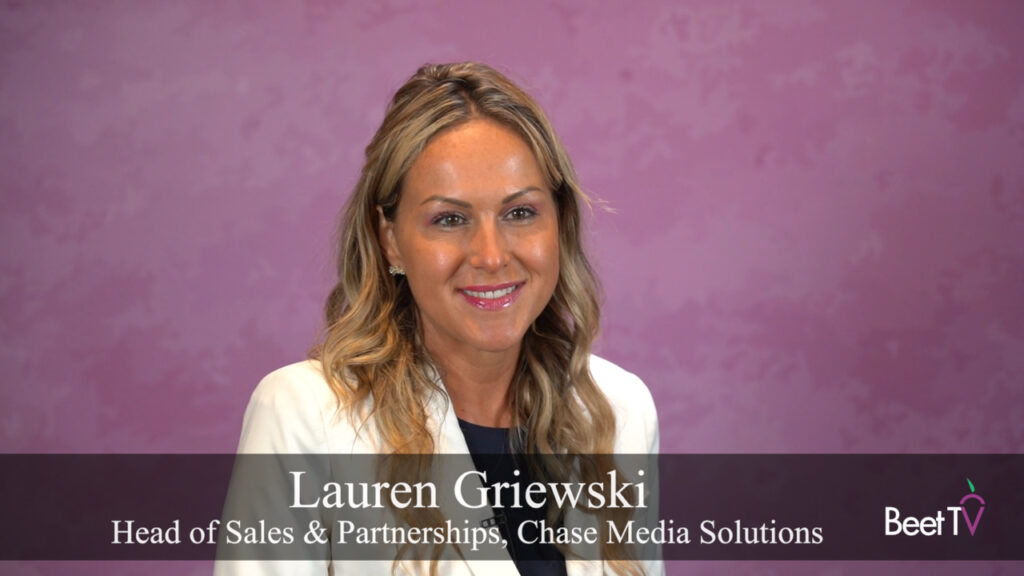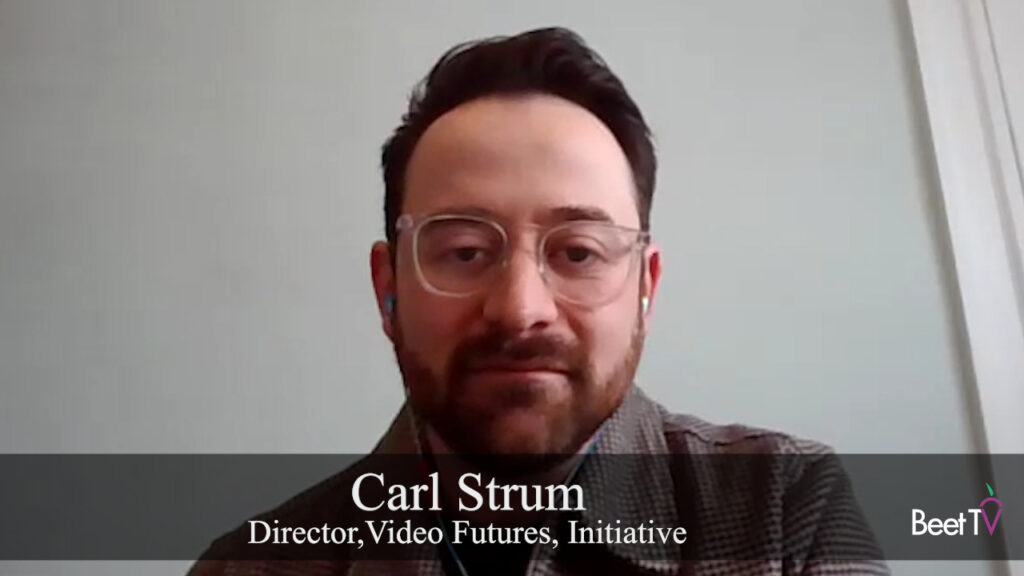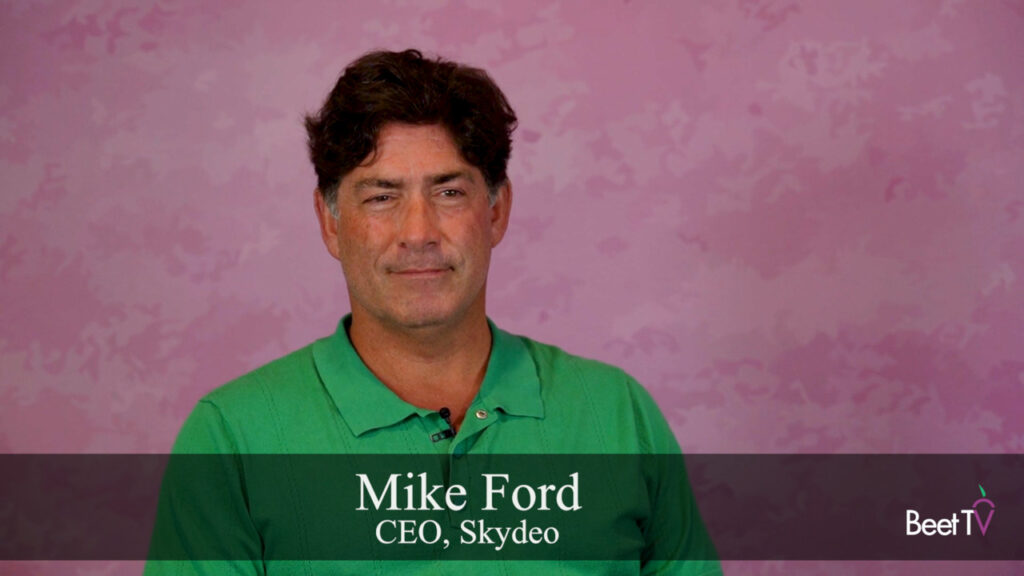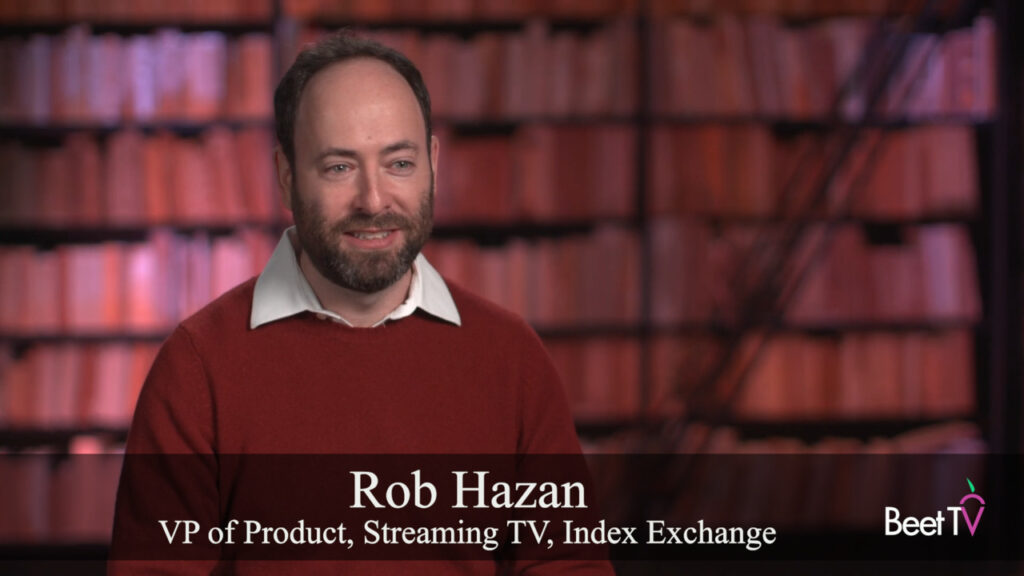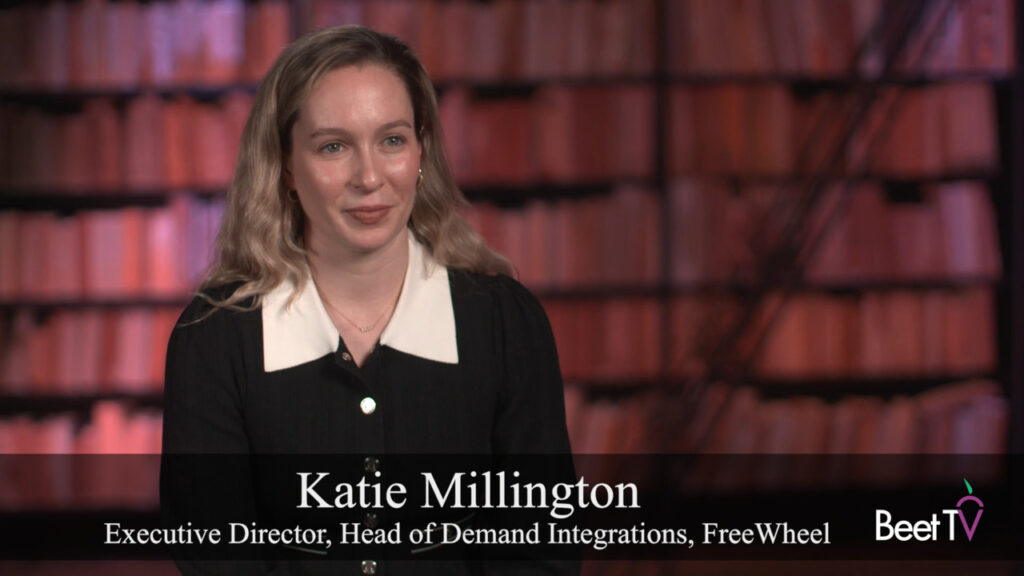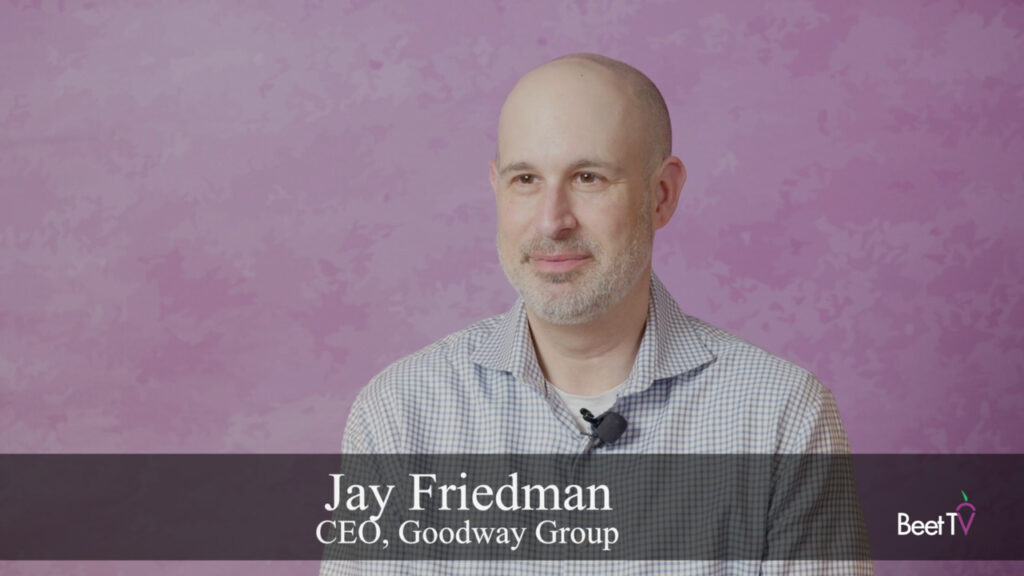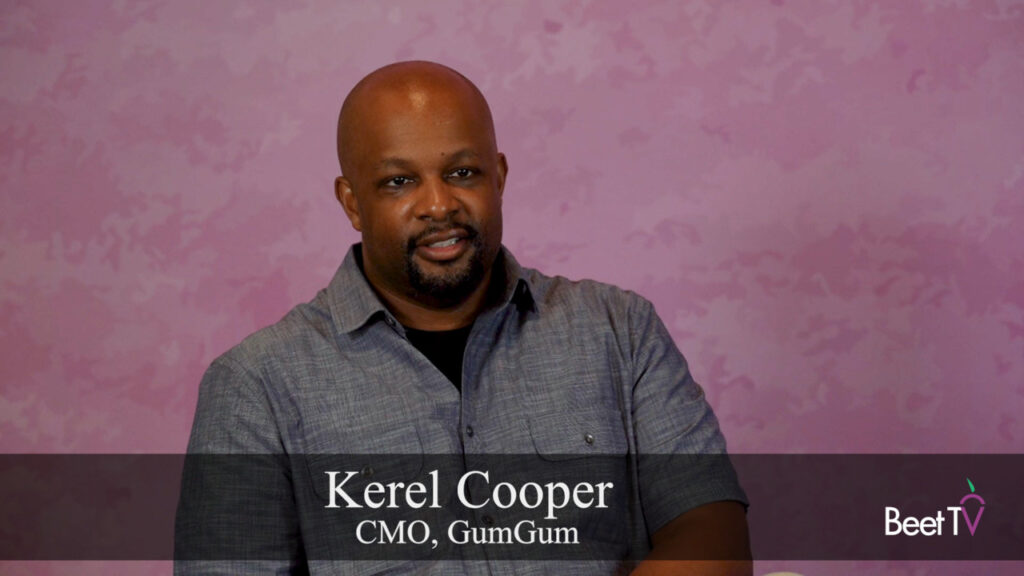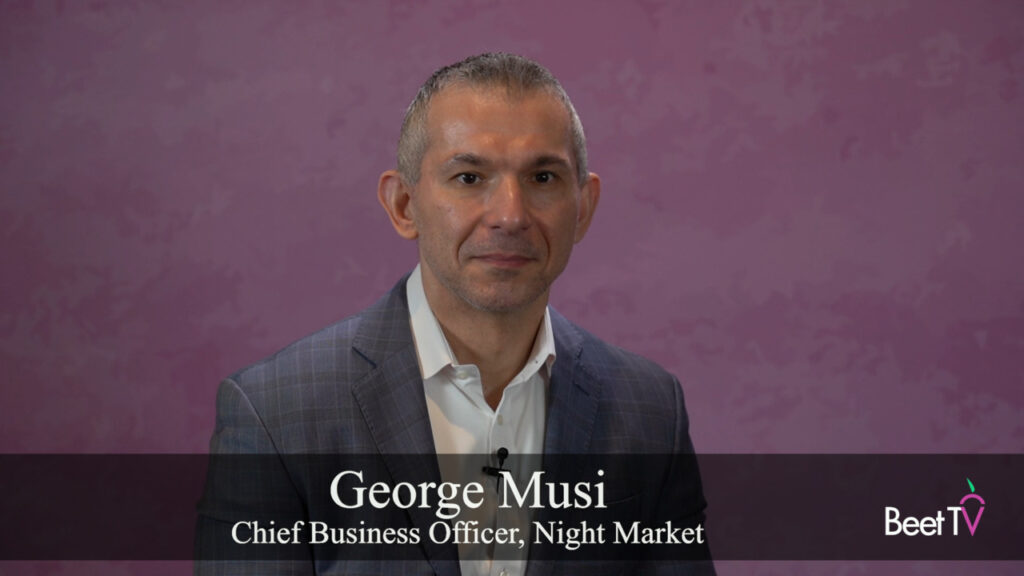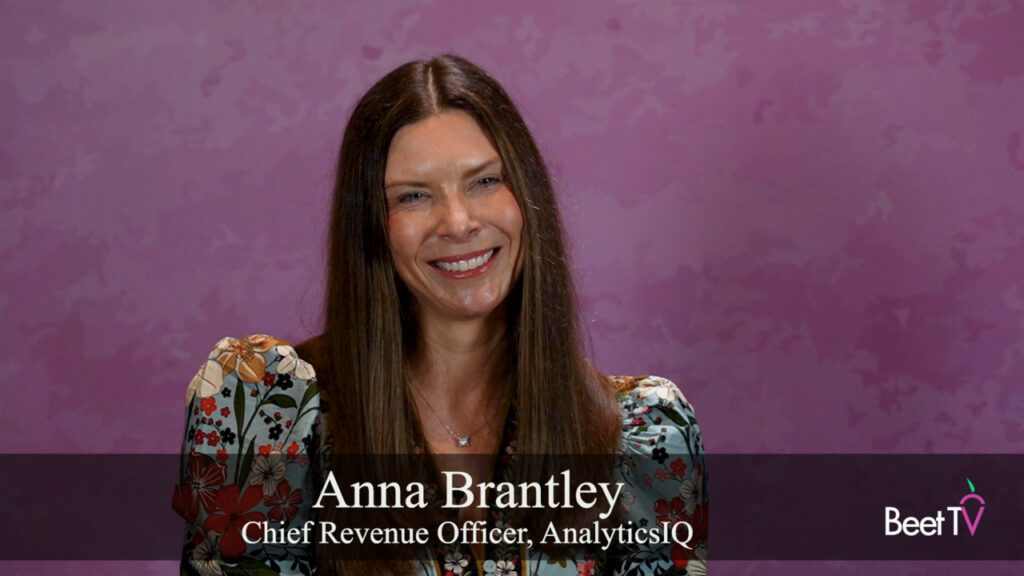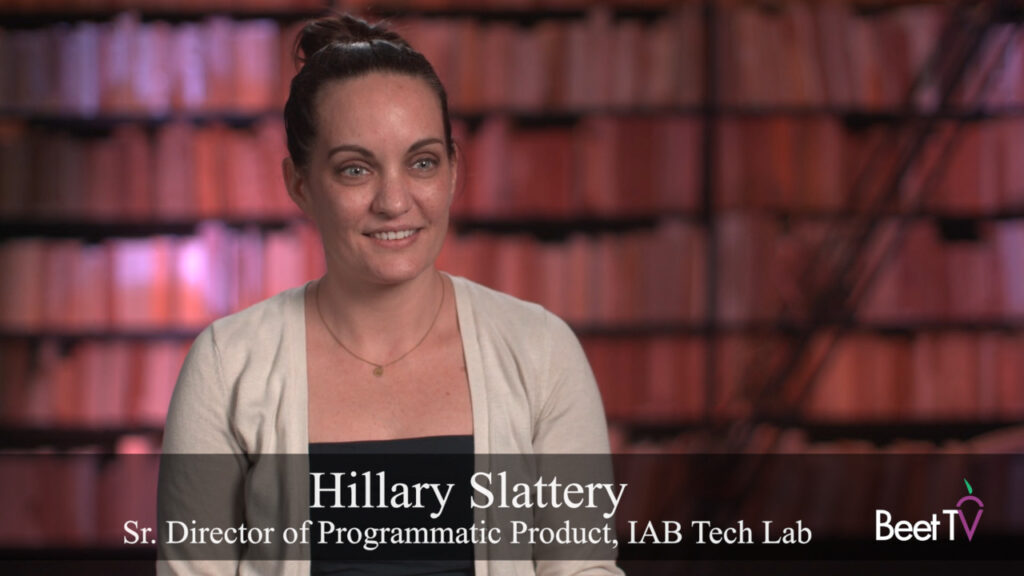TORONTO – Television viewing habits have grown to resemble the consumption of digital media as video-on-demand platforms become more popular. Consumer demand for instant gratification in their viewing experience is changing their tolerance for structured commercial breaks.
“We’re quickly recognizing that that is not how consumers want to consume content in a digital environment where they’re used to that instant gratification — whereas they may be used to this in traditional TV,” Katey Gault, director of connection planning at advertising agency UM Worldwide, said in this interview with Beet.TV.
In addition to the change in viewing habits, another key challenge for advertisers is the growing fragmentation of the media market. Subscription video-on-demand (SVOD) services like Netflix and Disney+ and ad-based video-on-demand (AVOD) platforms like Peacock, Pluto TV and the Roku Channel have boosted viewership among homebound consumers during the pandemic.
“It’s a very fragmented space, and it also makes it challenging for advertisers,” Gault said, adding that bridging the gap between linear TV and newer digital channels is priority in engaging viewers. Data about viewing habits are important in determining whether digital viewership will continue on their trajectory from last year or stabilize.
“Whereas before, we might look at this on a quarterly basis or even a yearly basis…it’s something we’re getting updates on weekly now,” she said.
Scale and Incremental Reach
People who watch video on a connected device, whether it’s a smart TV or mobile phone, have similar viewing habits, including the willingness to watch lengthier programming. Despite the change in viewing habits, linear TV does offer scale for national advertisers.
“If you’re looking at a campaign with an objective that is reach and awareness, TV is still going to be an important medium we know there’s still mass reach there, and there’s still a lot of time spent,” Gault said.
Connected TV (CTV) and over-the-top (OTT) streaming platforms offer incremental reach, and helps to draw consumers into the purchase funnel.
“There’s actually a great test that we’ve done recently for one of my clients with Samsung, because Samsung is able to measure at the glass level,” Gault said. The test was able to see how many veiwers “were exposed to the ad through connected TV versus through traditional TV. The fact we can find these incremental consumers through OTT helps us further bring them down the funnel. Ultimately, it helps us grow our consumer base there.”
You are watching “Media Innovation: What’s Next,” a Beet.TV leadership series presented by Samsung Ads. For more videos, please visit this page.













